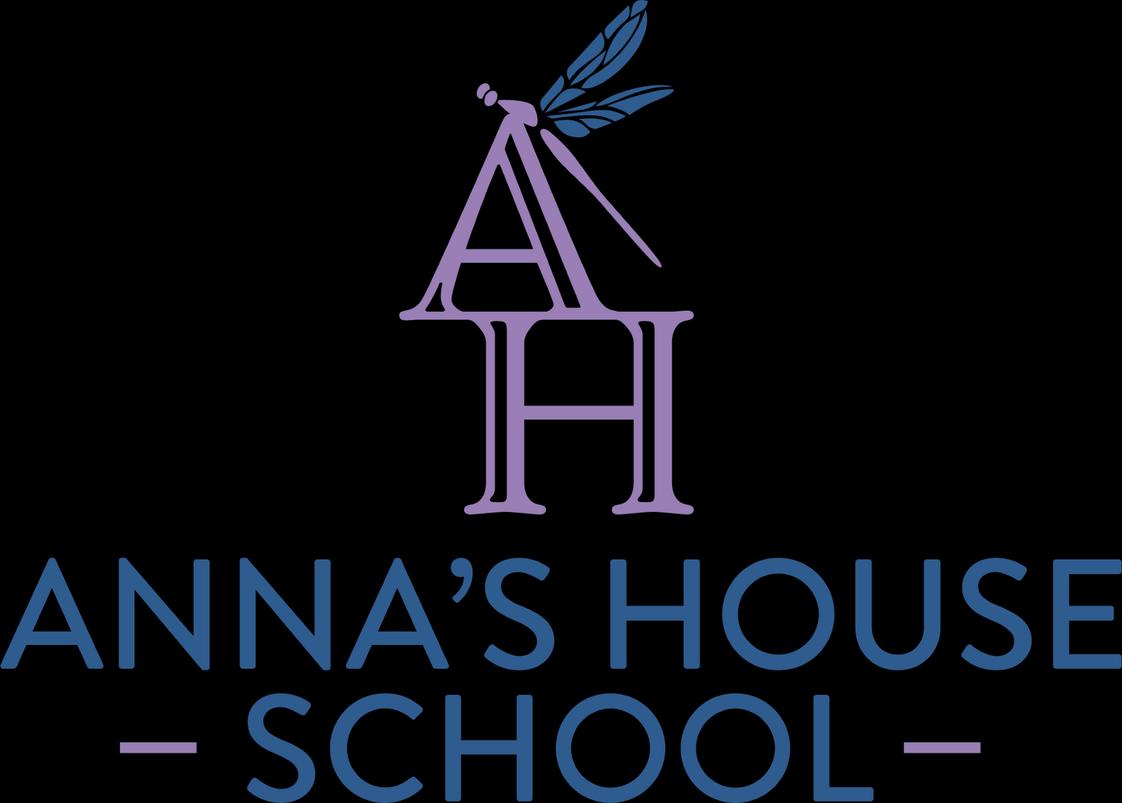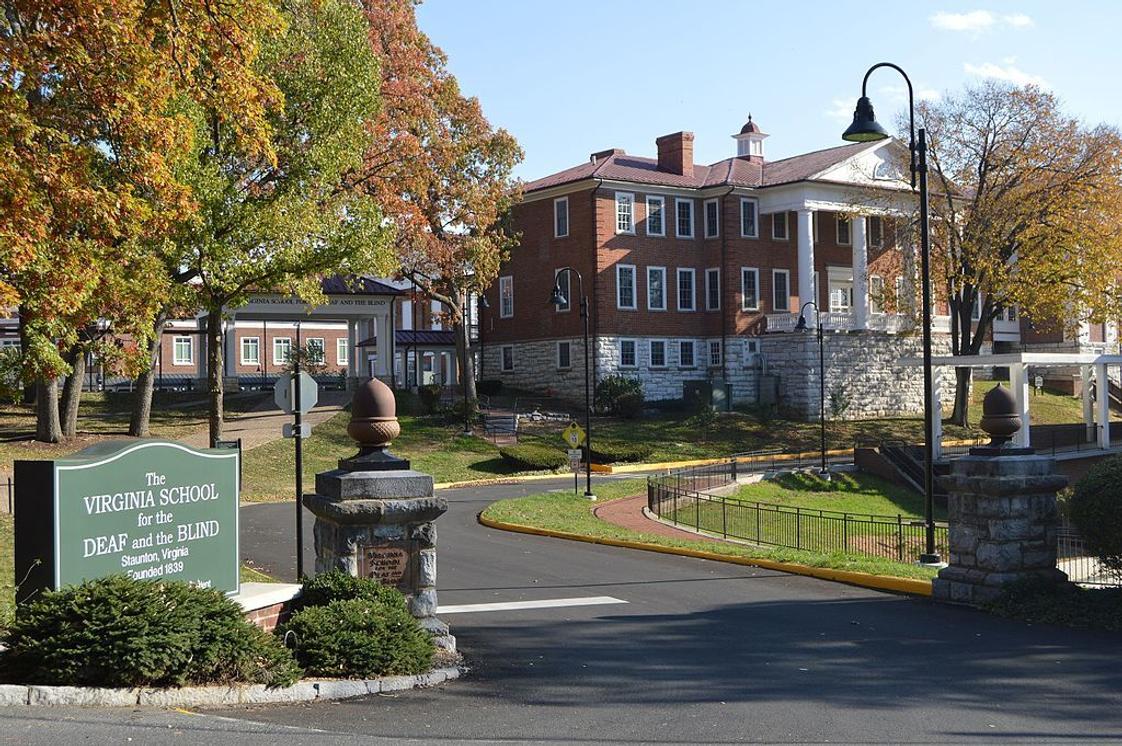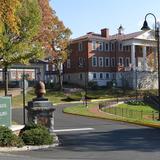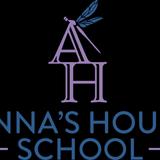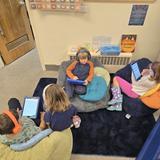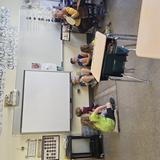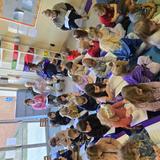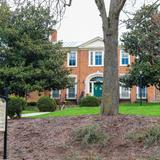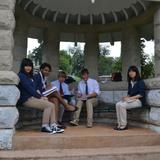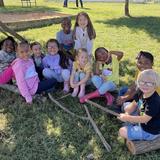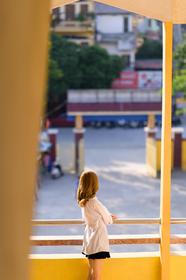Anna`s House is a Christian non-profit school for children.
Serving children 2.5 years through 5th grade. It is staffed with teachers who will assist in caring for each individual`s growth; spiritually, physically, mentally, and socially in a nurturing environment.
It will seek to foster a love of learning, independence, and self-confidence in an atmosphere of mutual respect.
Quick Facts (2026)
- Top-Ranked VA School
- Grades: Nursery/Preschool-5
- Enrollment: 54 students
- Yearly Tuition: $8,925
- Acceptance rate: 60%
- Average class size: 10 students
- Application Deadline: None / Rolling
- Source: Verified school update
Top Rankings
Anna's House ranks among the top 20% of private schools in Virginia for:
Category
Attribute
Acceptance Rate
School Overview
Student Body
Total Students
54 students
Student Body Type
Co-ed
Students by Grade
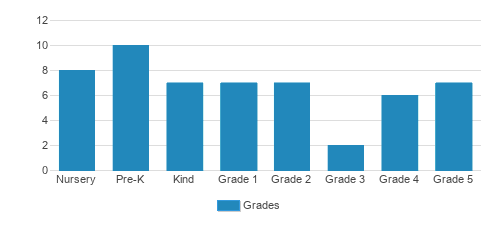
Academics and Faculty
Total Classroom Teachers
6 teachers
Student-Teacher Ratio
9:1
National avg.: 13:1
Average Class Size
10 students
Classroom Dress Code
Casual
Tuition and Acceptance Rate
Admission Deadline
None / Rolling
Yearly Tuition Cost
Acceptance Rate
60%
National avg.: 82%
Admissions Director
Christi Crittenden
Application URL
Extracurriculars
Total ExtracurricularsTotal Extra-curric.
2 extracurriculars
ExtracurricularsExtra-curric.
Club or Organization:
Chess ClubLibrary Club
School Notes
- The staff of Anna`s House believes that our role in the development of a child is to provide an atmosphere that respects each individual child and gives precedence to nurturing their spirit, and mind. We will cultivate an environment that encourages self-discipline, builds self-esteem, and enables us to nurture the growth of the whole child (body, mind, and spirit). Each child is encouraged to work within a healthy classroom structure which provides an atmosphere of order and respect. We commit to creating a positive environment, providing quality curriculum and lessons, and nurturing each child as the child develops his or her own powers of critical analysis, creative problem solving, information retention, project-based learning, and the capacity for sharing loving and understanding responses to others.
- Children by nature are deeply curious. At Anna`s House, we encourage our students` curiosity through intentional "work" and "play." We believe that all children can and should work hard, play hard, be kind to each other, and sleep well at night!
- The research says-and we know in our hearts that every child is capable of absorbing and sharing real knowledge about the world and themselves when given the opportunity. At Anna`s House, therefore, children practice lifelong learning skills in the context of a knowledge-rich, liberal arts curriculum. Even our youngest children learn about science, art, music, mathematics, geography, history, and literature-and have fun doing it! From the moment our children walk in the door until the moment they leave, we nurture their hearts and minds by teaching them content knowledge and nurturing their skills to gather and share their knowledge respectfully with one another
- At first, we ask them to speak, draw, or dictate to a teacher or peer about what they are learning. Later, as they learn to read and write, they share their knowledge by speaking and writing with and for one another, their teachers, and even the wider Anna`s House and Staunton communities. We know that by building our students` confidence in this way from the very beginning of their school years, we are equipping them to be lifelong learners who communicate respectfully with the people that they work and play with throughout their lives.
- Literacy
- Reading and writing are not skills that develop naturally in children. Children must be taught to read and write, and we must teach them based on the science of successfully teaching reading and writing. Using the Wilson reading sequence, we teach our children to read by first teaching the sounds (phonemes) and then the letter and letter combinations (graphemes) that represent those sounds. At the same time, we build students` love of literature and content knowledge through literary and content-rich "read-alouds" and decodable texts that contain the sounds and letters as students learn them. By practicing active listening and speaking skills, even our youngest students cultivate a climate of respectful civil discourse that pervades all the grades. Pre-readers may dictate or draw, but will soon find themselves happily writing about their knowledge, and supporting their opinions with evidence from their own research on a wide variety of topics.
- Science, Geography, History, and Civics
- In students` nascent years, and even as they grow, much of our curriculum in these critically important areas will be conveyed in the literacy block. Through an integrated approach to learning, students will learn these inextricably related content areas as they learn to read and write. We use literary texts, literary nonfiction, as well as essential "informational" texts to convey information about the world, our history, and our government. We choose texts that deliberately build a "staircase of complexity" so that our students can wrestle successfully with grade-level texts about these essential content areas. We also identify texts at a wide range of reading levels focused on the content students are studying so that we can simultaneously meet the needs of struggling students and students who need more challenges.
- Mathematics
- In our first year, we will use the Everyday Mathematics Program, which emphasizes "real-world" problem-solving skills but also builds students` innate mathematical fluency. Everyday Mathematics contains many "hands-on" activities and practical games that make mathematics fun. Because Everyday Mathematics is designed to build students` mathematical reasoning skills, the program often teaches students several ways of solving a problem-ways that may differ from the way parents learned math. The program, therefore, contains useful "parent letters" that explain what students are learning in each unit and offer suggestions for ways to practice the skills outside the classroom and at home.
- Art, Music, and Physical Education
- Our classrooms will be filled with art and music, integrated into the study of literacy and mathematics, in particular. Not only will students learn about art and art history, but they will also have many chances to make art every day as they express their learning as well as their imaginations. Many teachers will incorporate singing and dancing into their instruction, offering "brain Brakes" that allow students to move and sing. We will also provide regular outdoor exercise and play.
Source: Verified school update
Frequently Asked Questions
How much does Anna's House cost?
Anna's House's tuition is approximately $8,925 for private students.
What schools are Anna's House often compared to?
Anna's House is often viewed alongside schools like Grace Christian School by visitors of our site.
What is the acceptance rate of Anna's House?
The acceptance rate of Anna's House is 60%, which is lower than the national average of 79%. Anna's House's acceptance rate is ranked among the top private schools in Virginia with low acceptance rates.
What is Anna's House's ranking?
Anna's House ranks among the top 20% of private schools in Virginia for: Lowest average acceptance rates.
When is the application deadline for Anna's House?
The application deadline for Anna's House is rolling (applications are reviewed as they are received year-round).
School Reviews
Endorse Anna's House. Endorsements should be a few sentences in length. Please include any comments on:
- Quality of academic programs, teachers, and facilities
- Availability of music, art, sports and other extracurricular activities
- Academic or athletic awards
Recent Articles

How Global Economic Trends Shape Private School Affordability
Explore how global economic trends influence private school affordability and enrollment in 2026, with insights for families and educators.

Parent Engagement in Private Schools in 2026
Explore how parent engagement in private schools builds strong communities, support networks, and student success in 2026.

So Many Choices: Navigating Private School Selection in 2026
A 2026 parent guide to choosing the right private school, with updated admissions timelines, tuition trends, affordability strategies, and expert insights.

